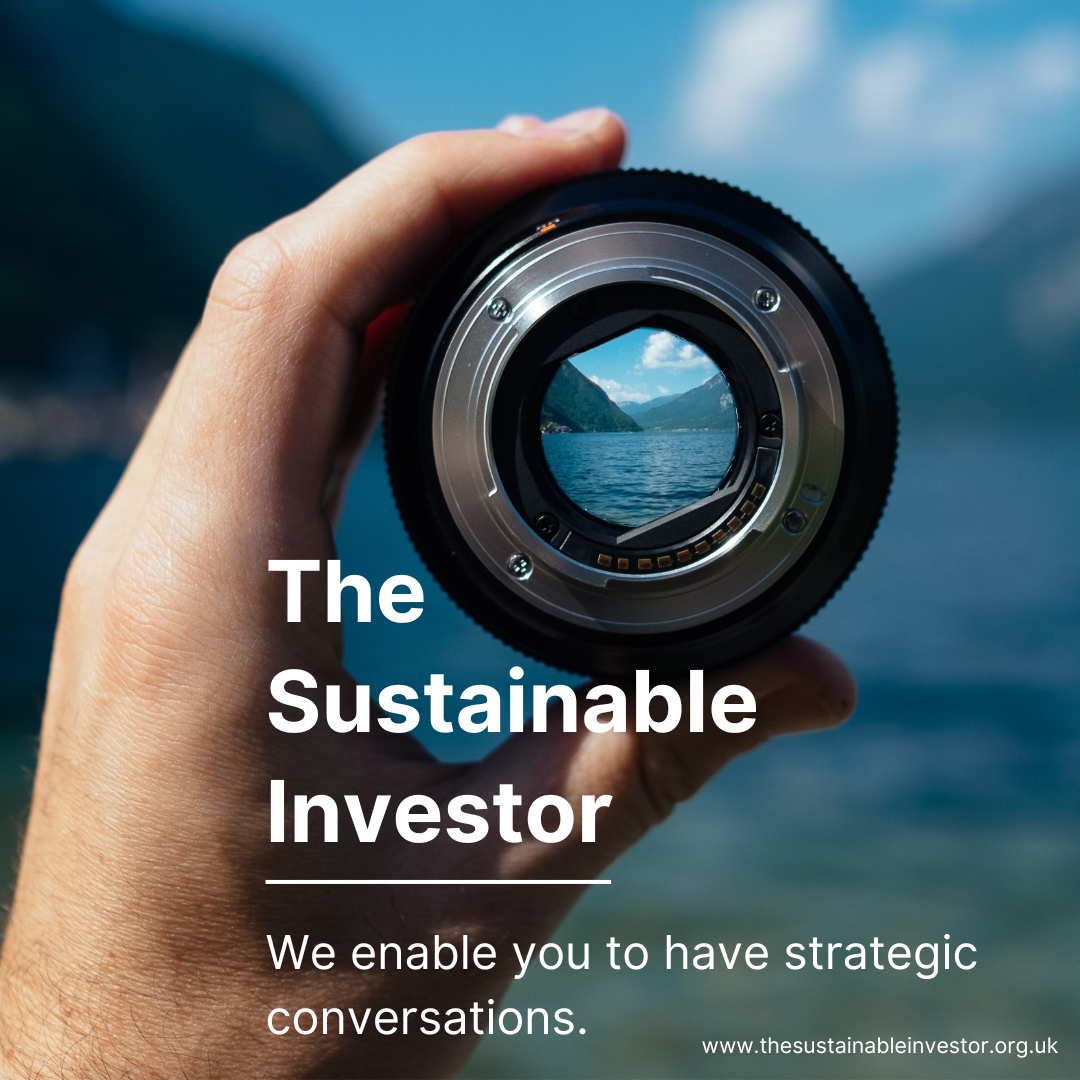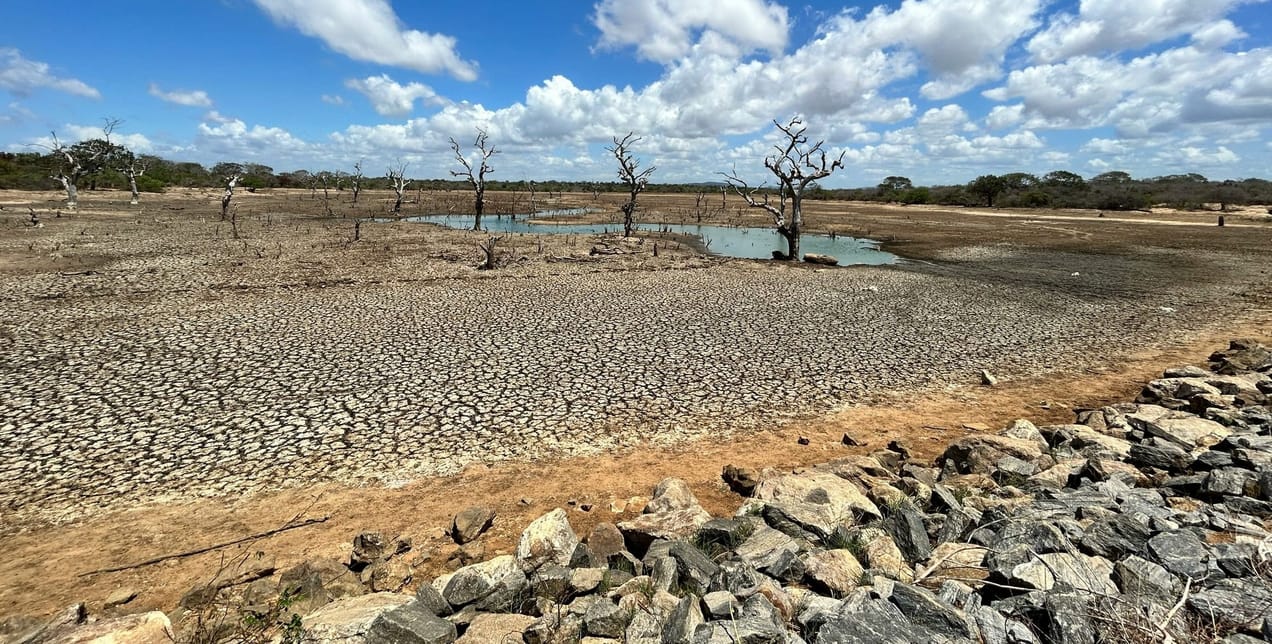
Deforestation is in the regulatory cross hairs.
The EU’s draft regulation on deforestation-free products proposes to restrict imports of key agricultural commodities
Summary: The EU’s draft regulation on deforestation-free products proposes to restrict imports of key agricultural commodities – cattle, cocoa, coffee, oil palm, soy, and wood – grown on land that was deforested after 2020, but it does not place restrictions on commodities linked to rights violations as defined under international standards. In the coming months, the European Parliament and EU member states will amend and vote on the regulation on deforestation-free products.
Why this is important: If tropical deforestation were a country, it would be the third largest emitter of carbon dioxide on Earth. Many of the most influential companies driving deforestation have yet to adopt policies to root it out from their supply chains, and those that have, have not enforced them.
The big theme: Social pressure in Europe is pushing the European Union to act on issues such as deforestation, child labour and modern slavery. Organisations such as Greenpeace have created an almost unstoppable momentum. And actions of countries such as Brazil have made this a front of mind issue.

The details
Summary of a story published in 3BL:
Ultimately, only time will tell if the commitments ratified in Glasgow are sufficient to “keep 1.5°C alive”. But despite the prevailing atmosphere of uncertainty and ambivalence that punctuated the resolution of the conference, optimism can be derived from the fact that tangible progress was achieved on tackling at least one major climate driver – deforestation.
The publication on November 17, 2021, of a European Commission “Proposal for a regulation on deforestation-free products” suggests that EU regulators are serious about translating their pledges into practical policy action, with potentially far-reaching economic and legal consequences for companies trading on the EU market.
Let's look at why this is important...
Why this is important
According to the World Resources Institute (WRI), if tropical deforestation were a country, it would be the third largest emitter of carbon dioxide on Earth. Additionally, on balance, the world’s forests are carbon sinks, removing approximately 7.6 billion tons of carbon—roughly 20% of global emissions—from the atmosphere each year.
Key measures in the proposal include: 1. an explicit focus on environmental sustainability of products on the EU market, which doesn’t rely on varying national definitions of “legal” or “illegal” deforestation and instead includes all deforestation. 2. due diligence requirement: businesses would be required to show that the risks of deforestation and forest degradation have been mitigated prior to placing a product or commodity on to the EU market. 3. mandatory traceability requirements including geo-localisation of the point of origin of the product, thus allowing identification of where commodities were harvested and produced. And 4. enforcement mechanisms, including sanctions to ensure that those responsible for not complying with the law are held accountable.
Perhaps the most practical step businesses can take in the short-term is to undertake a comprehensive review of their value chains in a bid to identify suppliers operating in countries that the European Commission is likely to designate “high risk” in regard to deforestation. Article 27 of the draft legislation gives businesses a steer in how they may go about approaching this task by laying out the kinds of factors the Commission will consider in designating a country’s risk level.
However, many are arguing the proposal does not go far enough. “The crucial flaw in the EU’s proposal is it doesn’t compel businesses to uphold international standards in regard to our land rights,” said Puyr Tembé, Executive Coordinator of the Pará State Federation of Indigenous Peoples (FEPIPA). “The world knows that the lack of protection for our rights has been a disaster for the Amazon and exposed Indigenous leaders to violence from cattle ranchers, loggers, and other invaders.”
The link between protecting the environment and human rights cannot be overlooked without detrimental impact on both. Environmental destruction is often entangled with rights abuses against forest-dependent communities. Many of the most influential companies driving deforestation have yet to adopt policies to root it out from their supply chains, and those that have, have not enforced them.
Something a little more bespoke?
Get in touch if there is a particular topic you would like us to write on. Just for you.
Contact us
Please read: important legal stuff.

